Thinking about making the leap to Windows 11? While the sleek new interface and exciting features are tempting, is Windows 11 faster than Windows 10? This question is a major concern for many users who prioritize a smooth and responsive computing experience.
This blog post dives deep into the performance differences between Windows 10 and Windows 11. We’ll explore how these operating systems handle essential tasks like booting, launching applications, and multitasking. By the end, you’ll have a clear understanding of whether upgrading to Windows 11 will give your PC a performance boost.
Understanding Performance Factors
Before we delve into the nitty-gritty of Windows 10 vs. Windows 11 performance, let’s establish what exactly users mean by “is Windows 11 faster than Windows 10?” There are several key factors that contribute to a system feeling snappy and responsive:
- Boot Times: How quickly your computer launches and gets you to the login screen is a crucial first impression. Faster boot times translate to less waiting around.
- Application Launch Times: The speed at which programs open and become usable directly impacts your workflow. Nobody enjoys waiting for applications to load.
- Multitasking Performance: Juggling multiple programs simultaneously requires efficient memory management and resource allocation. A smooth experience with no lag or sluggishness is ideal.
- Real-World Usage: While benchmarks offer valuable insights, is Windows 11 faster than Windows 10? ultimately comes down to everyday tasks. This includes web browsing, document editing, video playback, and other common activities.
For some users who are more technically inclined, benchmarks can provide a more detailed picture of performance. These software tools measure system responsiveness under controlled conditions. However, for most users, focusing on the real-world factors listed above will be more relevant to their daily computing experience.
Windows 11 vs Windows 10: Performance Breakdown
Now that we understand the key factors impacting perceived speed, let’s dissect the performance of Windows 11 compared to Windows 10:
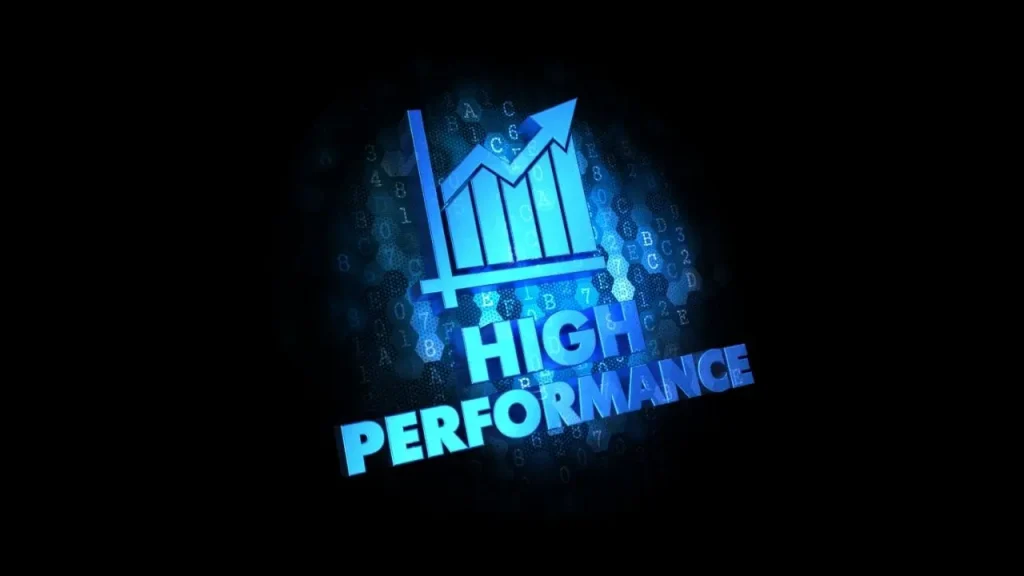
Booting Speed – Sleep Mode Enhancements in Windows 11?
- Booting your computer is the first step you take every time you use it. Traditionally, Windows 10 has held a slight edge in boot times, especially on older hardware. However, Windows 11 introduces improvements to sleep mode that could potentially lead to faster boot times. These enhancements focus on optimizing the transition between sleep and full power states.
- It’s important to note that real-world boot speed differences between Windows 10 and 11 are often minimal, especially on newer machines. Other factors like hardware configuration and installed software can have a more significant impact.
Application Launch Times – Memory Management Muscle in Windows 11?
- The time it takes for applications to launch is another crucial factor in overall system responsiveness. Here, Windows 11 boasts potential advantages. Microsoft claims optimizations in memory management that could lead to faster application launch times. These improvements focus on prioritizing foreground applications and allocating resources more efficiently.
- However, real-world testing is needed to definitively determine if Windows 11 translates these claims into a noticeable difference in application launch speeds compared to Windows 10.
Multitasking Performance – Keeping Up with Your Workflow in Windows 11
- Multitasking is a core function for many users. Juggling multiple programs simultaneously requires efficient resource allocation from your operating system. Windows 11 claims to prioritize foreground applications, potentially leading to smoother multitasking compared to Windows 10. This could be beneficial for users who frequently switch between programs.
Here’s where testing becomes even more crucial. Is Windows 11 faster than Windows 10 in real-world multitasking scenarios? Independent reviews and user experiences will be key in determining the true impact of these multitasking optimizations.
Benchmarks and Performance Tests
While understanding real-world performance is crucial, benchmarks can offer valuable insights into specific aspects of system performance. These software tools put your computer through controlled tests to measure factors like CPU speed, graphics processing power, and overall system responsiveness.
It’s important to remember that benchmark scores don’t always translate directly to real-world experience.
However, they can provide a baseline for comparison between Windows 10 and Windows 11.
Several reputable websites and publications publish benchmark comparisons of Windows 10 and Windows 11. These comparisons typically show minimal performance differences between the two operating systems. In some cases, Windows 10 might come out slightly ahead, while others might show a minor edge for Windows 11.
The takeaway? Benchmarks offer a piece of the puzzle, but real-world usage testing remains the most relevant factor for most users trying to determine is Windows 11 faster than Windows 10?
Hardware Compatibility and Impact
The question of is Windows 11 faster than Windows 10? can’t be answered in a vacuum. Hardware compatibility plays a significant role in overall performance. Here’s what you need to consider:
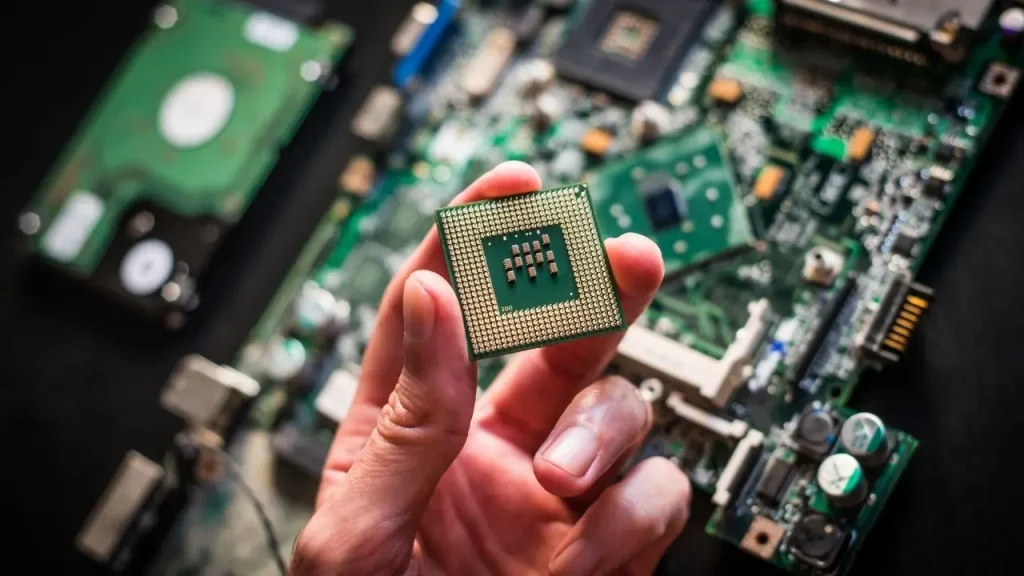
- Minimum Requirements: Microsoft has outlined minimum hardware requirements for running Windows 11. These include specific processor generations, RAM amounts, and storage space. Upgrading to Windows 11 on a machine that doesn’t meet these minimums can lead to significant performance slowdowns.
- Here’s a tip: If you’re unsure about your hardware specs, you can use the free tool “WhyNot11” to check compatibility with Windows 11.
- Older Hardware: Even if your machine technically meets the minimum requirements, running Windows 11 on older hardware might not be ideal. Windows 11‘s newer features and functionalities might demand more resources, potentially leading to slower performance compared to Windows 10 on the same machine.
The Bottom Line: Before upgrading to Windows 11, consider your hardware. Newer machines are more likely to see performance benefits or at least maintain similar speeds. Upgrading older machines with minimal specs could lead to a sluggish experience.
Gaming Performance
For many PC users, gaming performance is a top priority. So, is Windows 11 faster than Windows 10 for gaming? The answer is nuanced:
- Minimal Real-World Differences: Benchmarks and user experiences suggest minimal differences in frame rates between Windows 10 and 11 for most games. In some cases, Windows 10 might show a slight lead, while others might see a minor edge for Windows 11.
- DirectX 12 Ultimate Support: However, Windows 11 offers support for DirectX 12 Ultimate, a graphics API with features like Sampler Feedback Shading. These features have the potential to improve graphics fidelity and performance in future games that leverage them. However, widespread adoption of DirectX 12 Ultimate is still limited.
- Auto HDR: Windows 11 also introduces Auto HDR, which can automatically enhance the visual quality of some games by applying High Dynamic Range (HDR) effects. This can be a nice visual improvement, but it won’t necessarily translate to a performance boost.
The Verdict for Gamers: If you’re a hardcore gamer chasing the absolute highest frame rates, sticking with Windows 10 for now might be the safest bet. However, if you’re on the fence about upgrading and have a newer machine that supports DirectX 12 Ultimate features, Windows 11 might offer some future-proofing benefits. Ultimately, the decision depends on your individual needs and priorities.
Efficiency and User Experience
While raw speed is important, is Windows 11 faster than Windows 10? The answer goes beyond just boot times and application launch speeds. User experience plays a crucial role in how “fast” a system feels. Here’s how Windows 11 aims to improve efficiency and user experience:
Power Management and Battery Life
- Windows 11 introduces several power-saving features, such as Dynamic Refresh Rate and Modern Standby. These enhancements aim to optimize battery life on laptops and portable devices. If you’re frequently on the move, Windows 11 might offer better efficiency.
Snap Layouts and Multitasking
- Snap Layouts in Windows 11 allow you to organize open windows more effectively. Whether you’re working on a large monitor or a laptop screen, this feature streamlines multitasking. Arrange apps side by side, in grids, or maximize them with ease.
Widgets and Personalization
- The revamped Widgets feature provides at-a-glance information, including weather updates, calendar events, and news headlines. While not directly related to performance, it enhances the overall user experience by offering quick access to relevant content.
Start Menu and Taskbar
- The centered Start Menu in Windows 11 diverges from the left-aligned menu in Windows 10. Some users appreciate the change, while others prefer the familiarity of the older layout. The redesigned Taskbar also contributes to a cleaner, more modern look.
Visual Enhancements
- From rounded corners to subtle animations, Windows 11 prioritizes aesthetics. While these visual enhancements don’t impact raw performance, they create a more pleasant and cohesive user experience.
Virtual Desktops and Productivity
- Windows 11 enhances virtual desktop management. Create separate workspaces for different tasks, switch seamlessly between them, and stay organized. If productivity is your focus, these improvements matter.
In summary, Windows 11 aims to strike a balance between efficiency and aesthetics. Whether it’s the streamlined multitasking or the visually appealing interface, the user experience plays a significant role in determining which OS suits your needs. Evaluate your priorities and preferences to make an informed choice. ????
Additional Considerations
While we’ve focused on performance and user experience, there are other factors to consider when asking is Windows 11 faster than Windows 10? Here are some additional points to keep in mind:
- Software Compatibility: Not all software applications are guaranteed to work flawlessly on Windows 11 yet. It’s important to check compatibility for essential programs you rely on before upgrading. If you use specific niche software, sticking with Windows 10 for now might be prudent.
- New Features vs. Familiarity: Windows 11 boasts a sleek new interface and some exciting features. However, there’s a learning curve associated with any new operating system. If you’re comfortable with Windows 10 and prioritize a familiar environment, that’s a valid consideration.
- Security Updates: Microsoft has pledged continued security updates for Windows 10 until October 2025. Upgrading to Windows 11 ensures you receive the latest security patches beyond that date. This is a crucial factor for users who prioritize system security.
- Uninstalling Pre-installed Apps: Windows 11 comes with some pre-installed applications you might not need or want. While you can uninstall them, some users find this process cumbersome. Fortunately, our website offers guides on removing unwanted apps on Windows 11 like Edge. In addition to our guide on Microsoft Edge, you can find instructions for other apps you might not need.
Here’s a helpful tip: If you’re unsure about upgrading, consider creating a system image backup of your Windows 10 installation. This allows you to easily roll back to Windows 10 if you encounter any issues with Windows 11.
Ultimately, the decision of is Windows 11 faster than Windows 10? depends on your individual needs and priorities. Weigh the performance improvements, user experience enhancements, and new features of Windows 11 against compatibility considerations and potential disruptions to your workflow.
Upgrading or Sticking with Windows 10?
So, is Windows 11 faster than Windows 10? We’ve explored the performance differences, user experience benefits, and additional factors to consider. Here’s a breakdown to help you decide:
Upgrade to Windows 11 if:
- You have a newer machine that meets the minimum requirements.
- You prioritize efficiency and a streamlined workflow (Snap Layouts, virtual desktops).
- You’re excited about the new user interface and features of Windows 11.
- You want access to the latest security updates beyond October 2025.
Stick with Windows 10 if:
- You have an older machine that might experience performance slowdowns with Windows 11.
- You rely on specific software that isn’t yet fully compatible with Windows 11.
- You prioritize a familiar environment and don’t want to deal with a learning curve.
- You’re content with the performance and functionality of Windows 10.
Finding the Middle Ground:
- If you’re unsure, creating a system image backup of your Windows 10 installation allows you to easily revert if needed after upgrading to Windows 11.
- You can also explore online resources and user reviews to get a more specific sense of how Windows 11 performs on hardware configurations similar to yours.
Remember, the decision is yours. Is Windows 11 faster than Windows 10? The answer depends on what “faster” means to you and your specific computing needs. By weighing the various factors discussed throughout this post, you can make an informed choice about whether upgrading to Windows 11 is the right move for you.
Conclusion
The question of is Windows 11 faster than Windows 10? doesn’t have a simple yes or no answer. Both operating systems offer strengths and weaknesses depending on your priorities.
This post has hopefully shed light on the performance differences, user experience enhancements, and other considerations when deciding between Windows 10 and 11.
Here’s a quick recap:
- Windows 11 offers potential performance improvements in areas like boot times and application launch speeds, focusing on efficient resource allocation.
- New features in Windows 11, like Snap Layouts and virtual desktops, aim to improve workflow and user experience beyond raw processing power.
- Compatibility with older hardware and software can be a concern with Windows 11. Upgrading a newer machine is more likely to yield benefits.
The Takeaway:
- Upgrading to Windows 11 depends on your individual needs. For power users with cutting-edge hardware, Windows 11 might be a compelling choice. Users who prioritize familiarity and a stable environment might be better off sticking with Windows 10 for now.
- Stay Updated:
- The world of technology is constantly evolving. Keep an eye on online resources and user experiences to see how Windows 11 performance continues to develop.
- If you’ve decided to upgrade to Windows 11, you can find a step-by-step guide on the official Microsoft website.

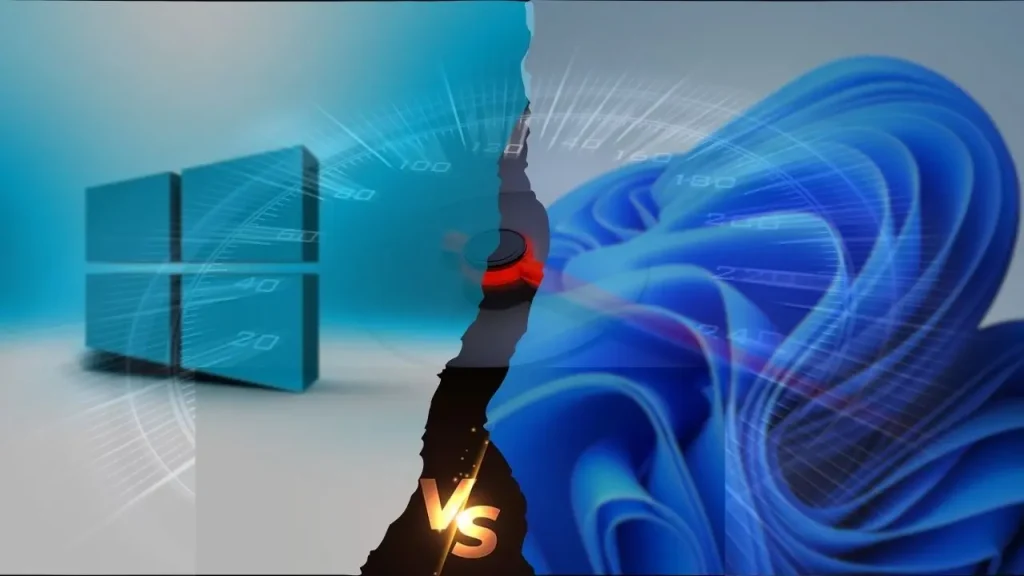

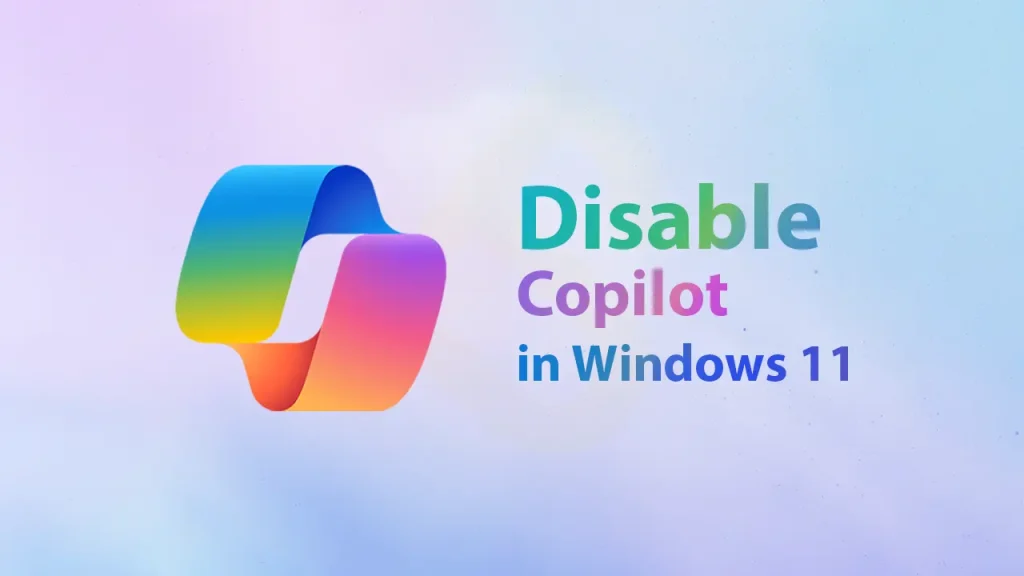
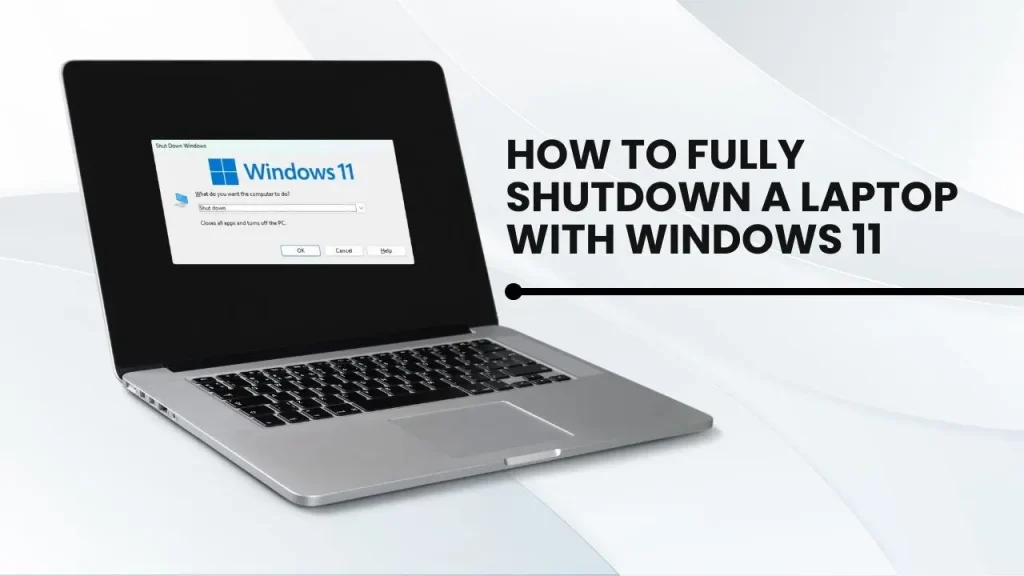
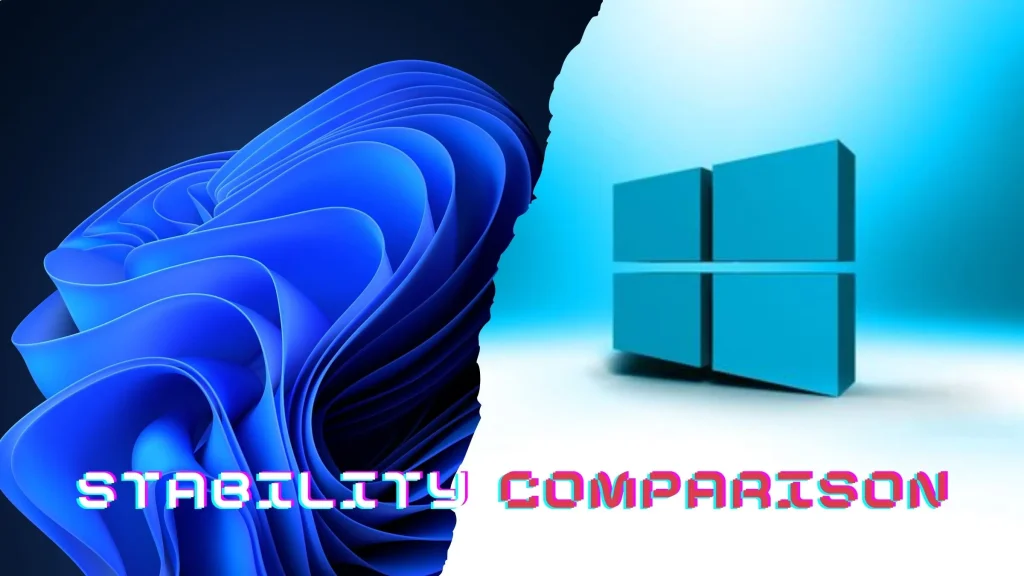
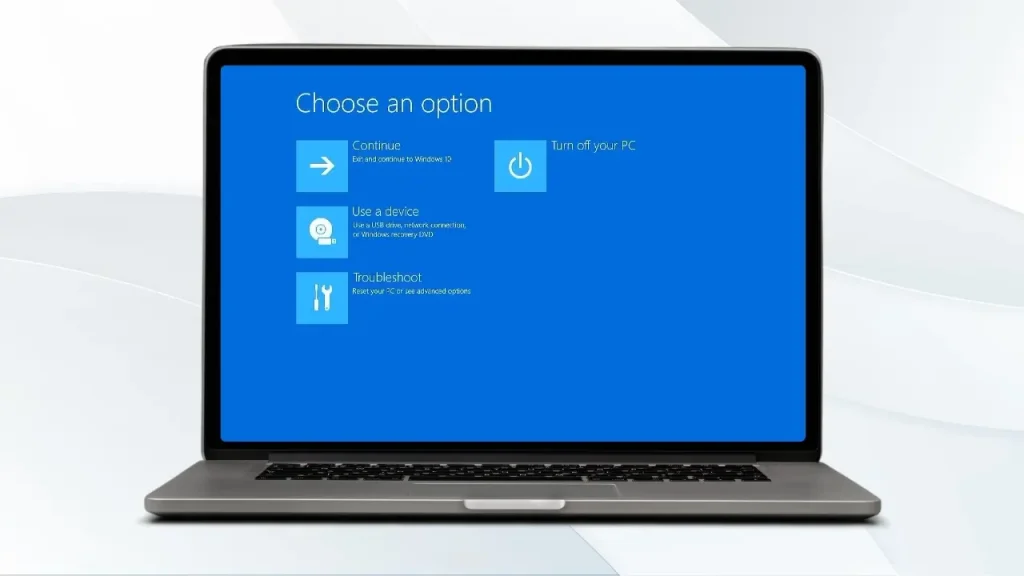
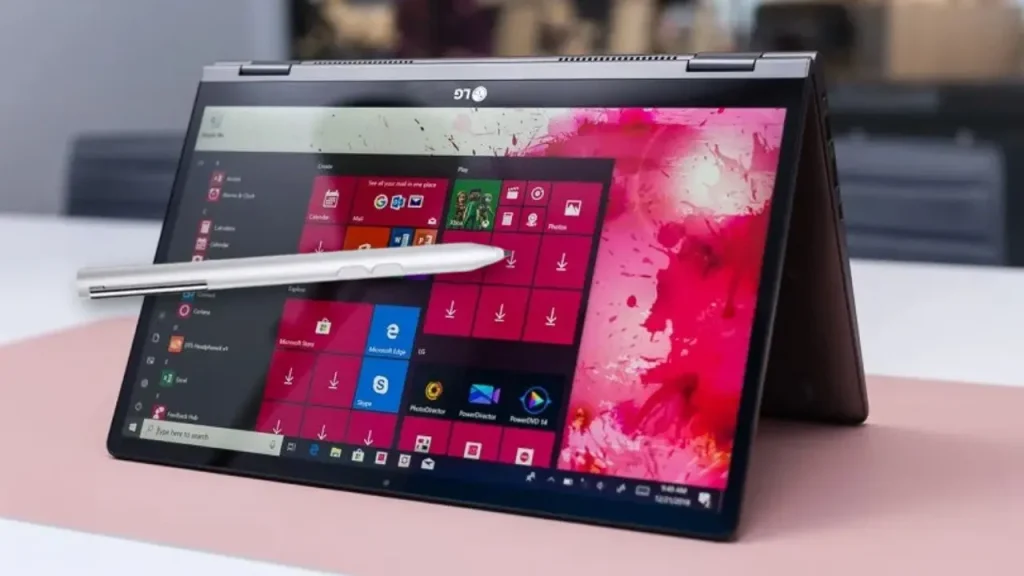
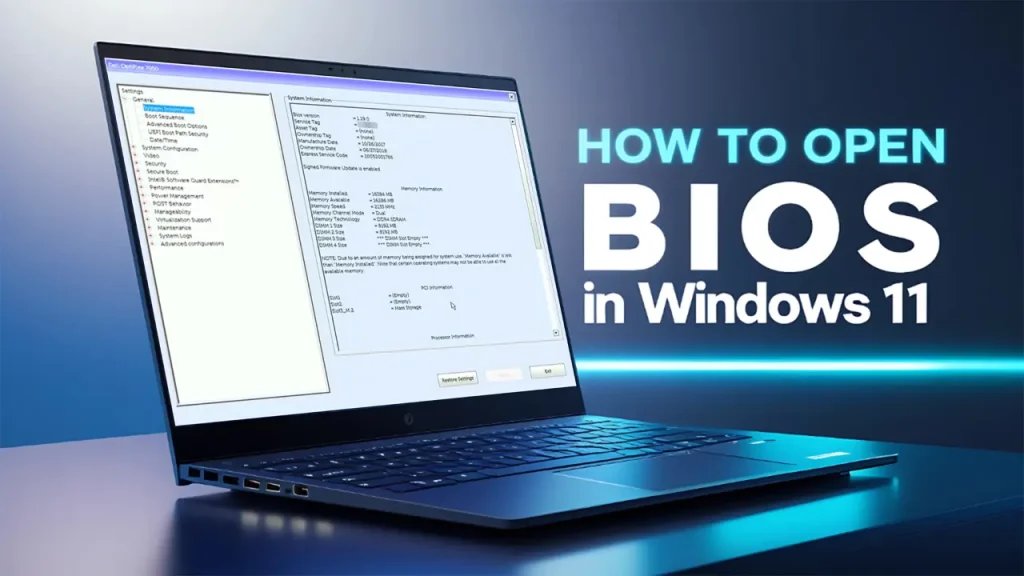
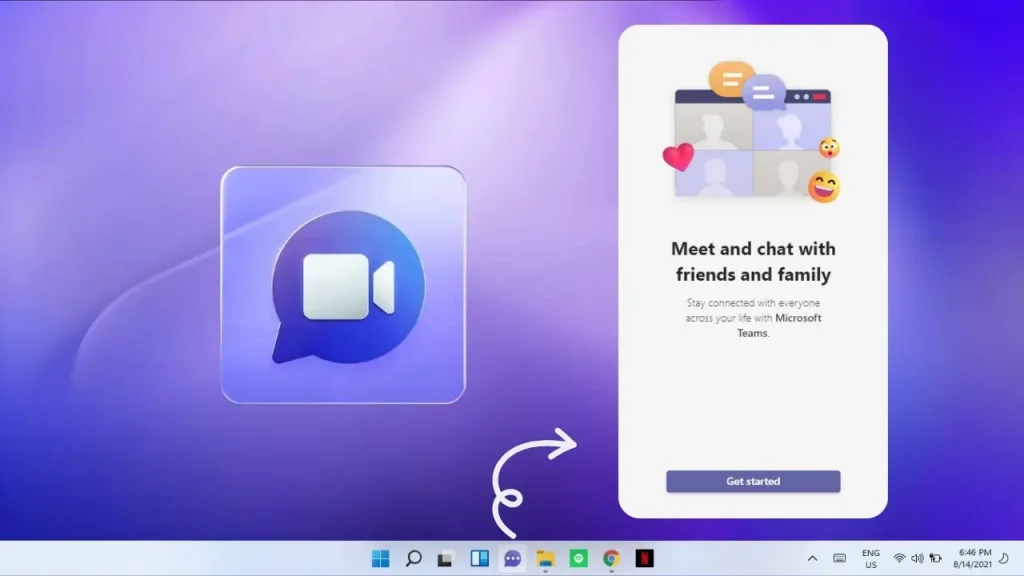
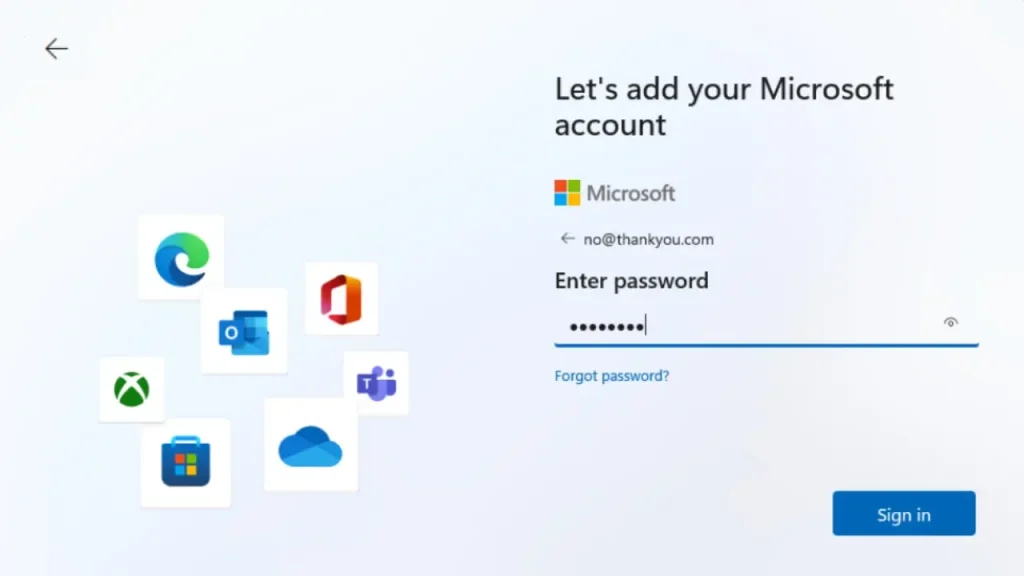

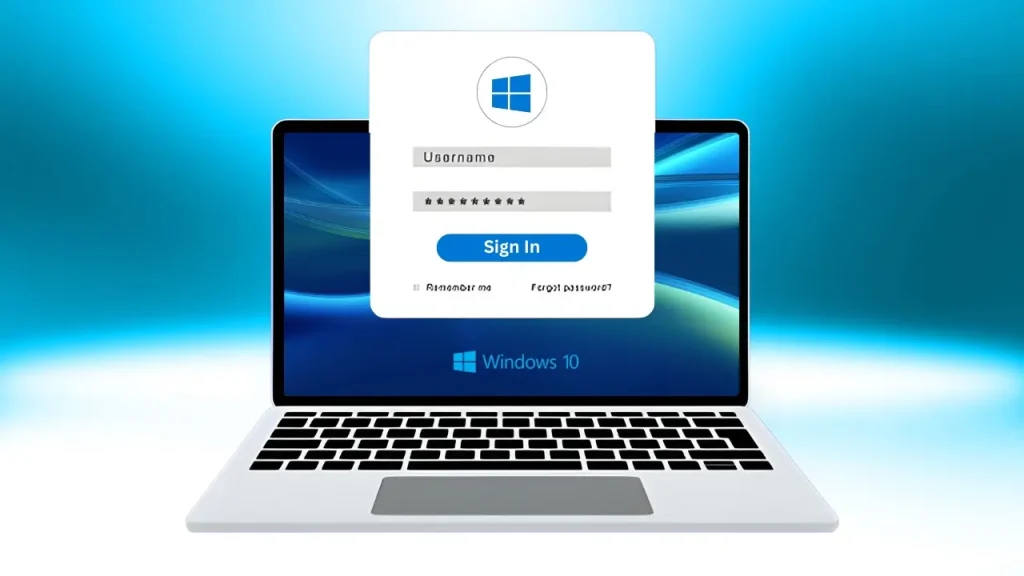
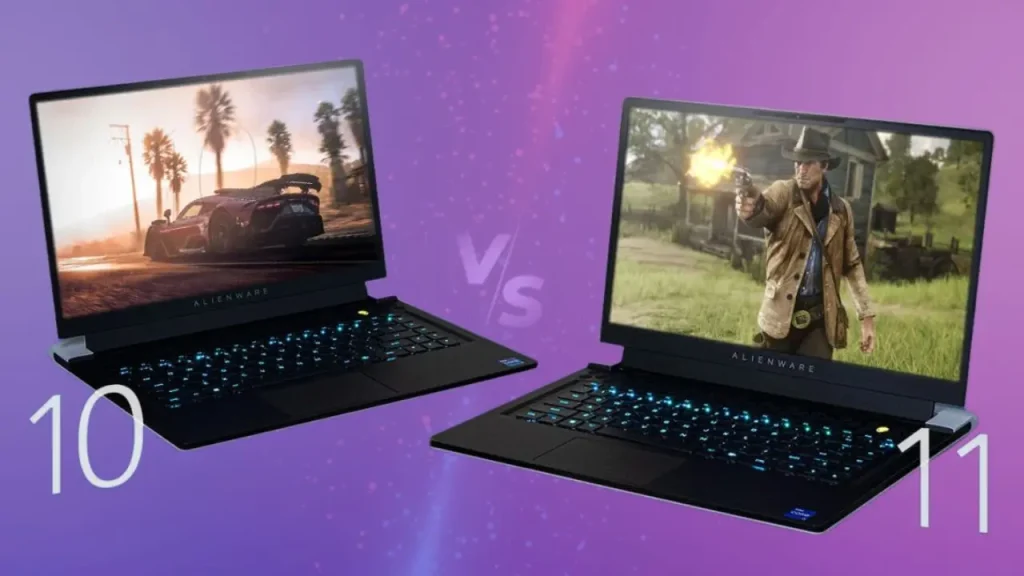

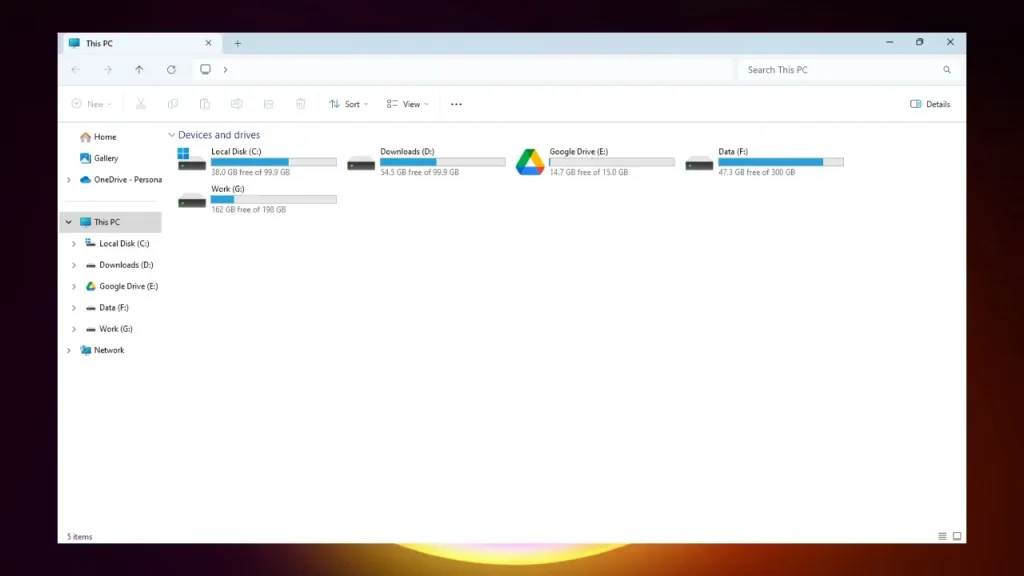
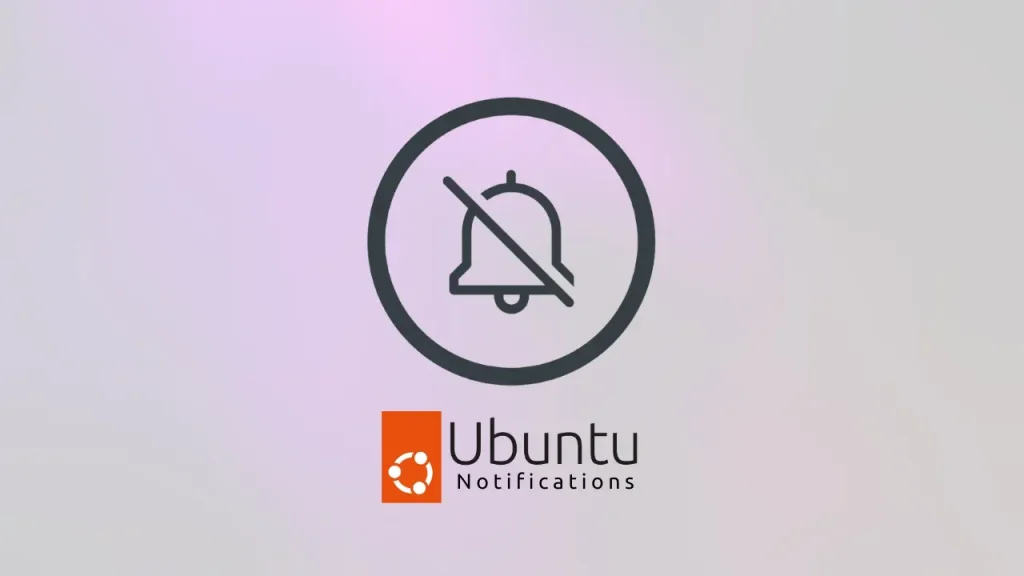
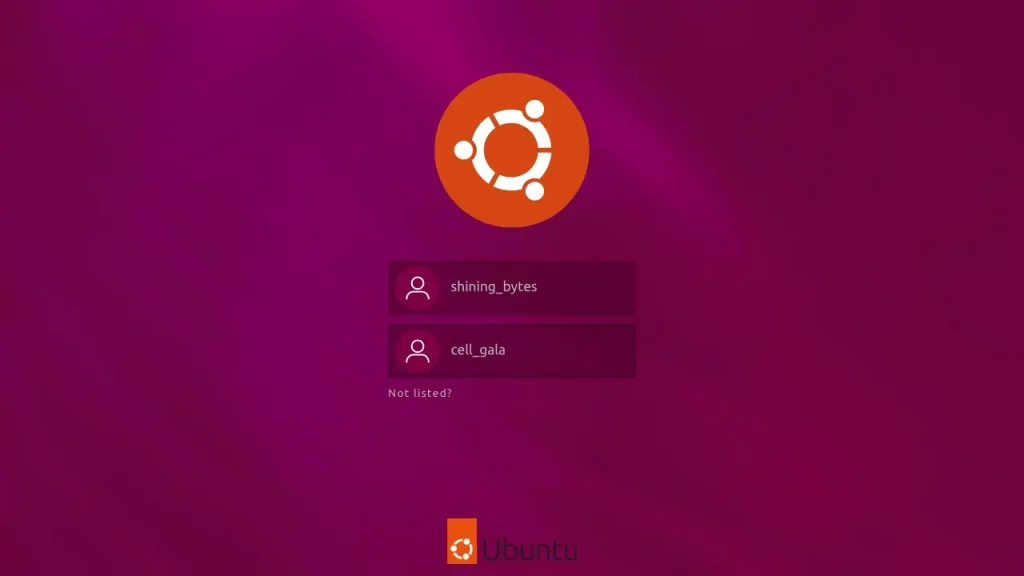

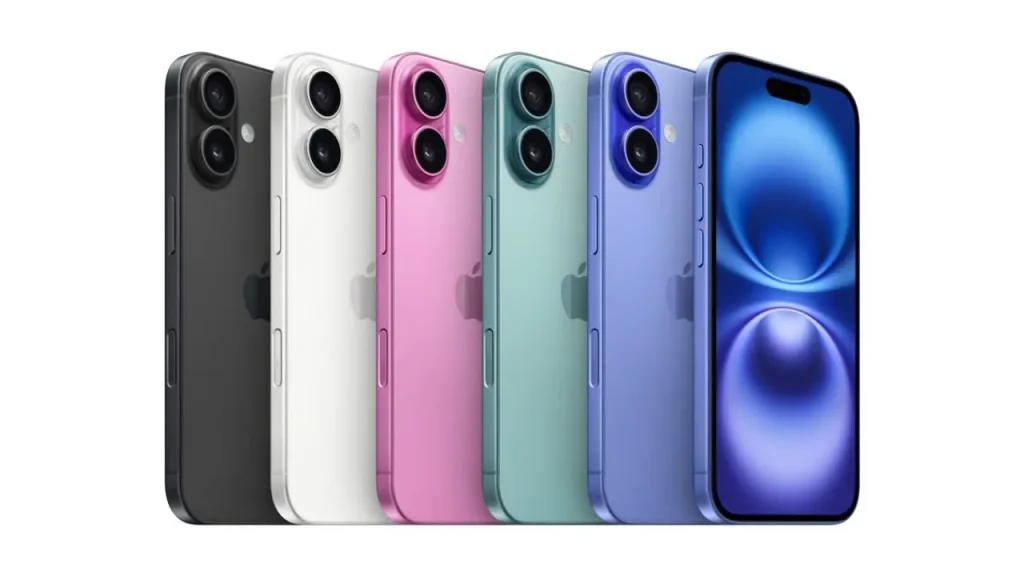
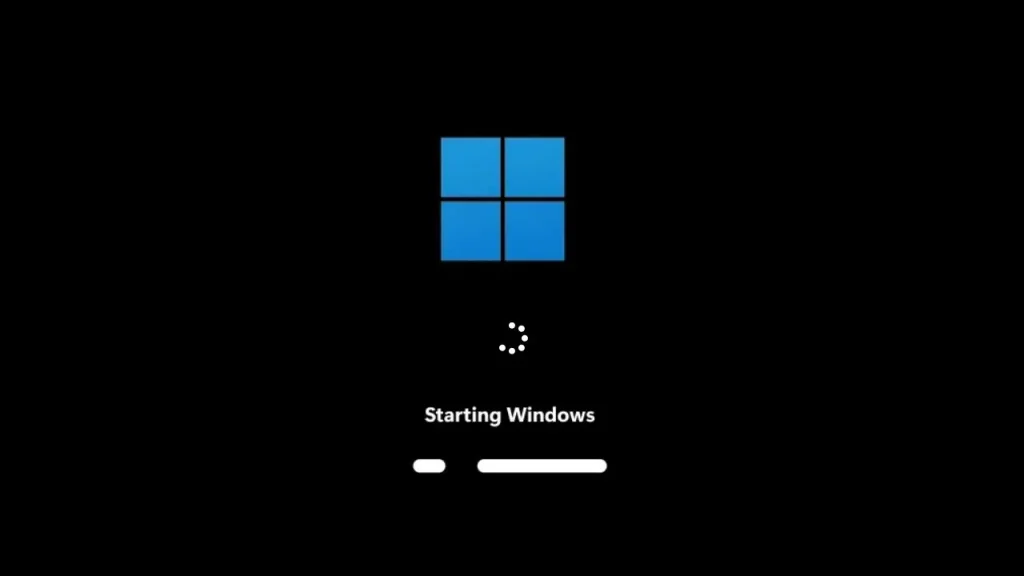
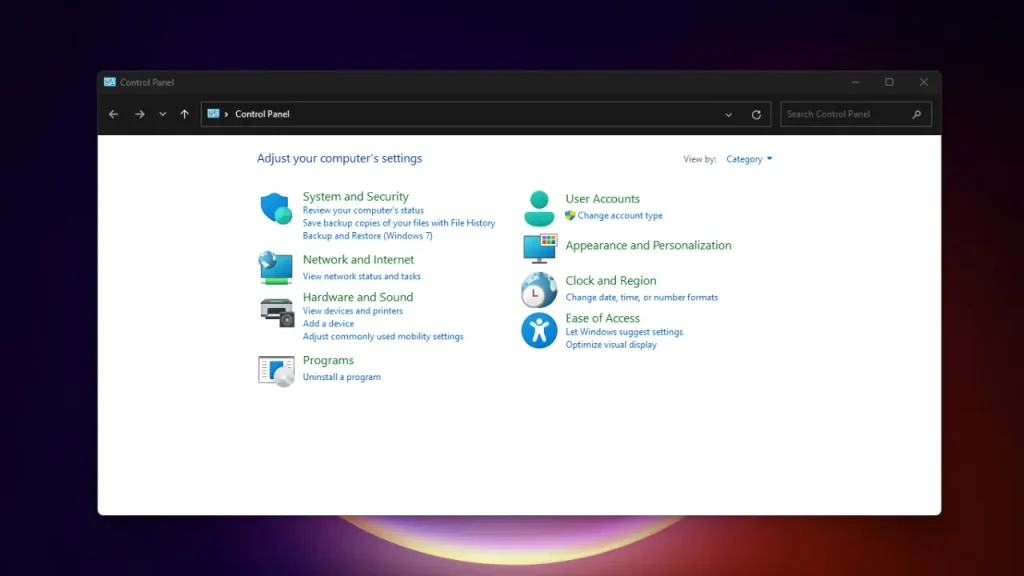
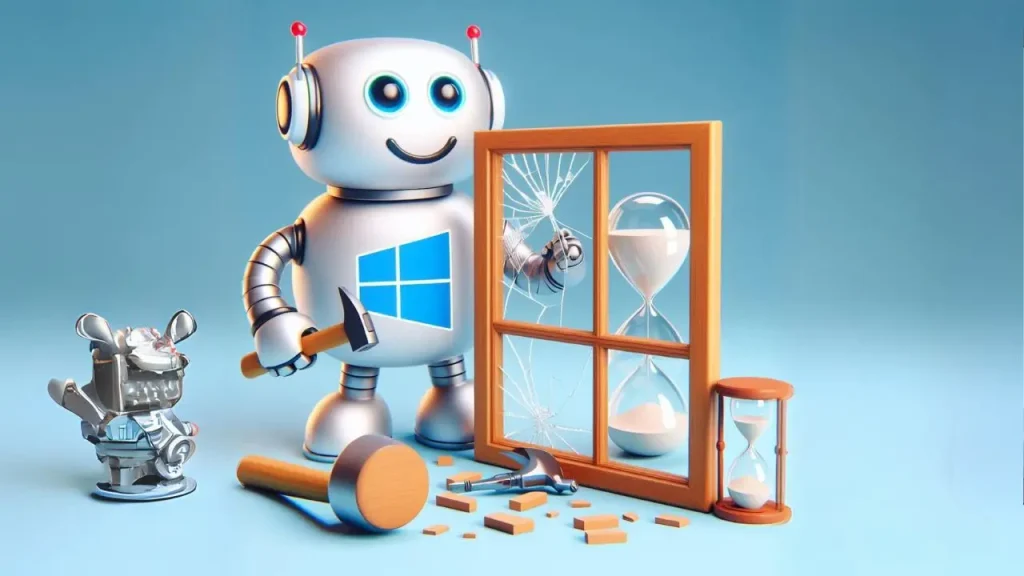
One Response
Thanks for one’s marvelous posting! I really enjoyed reading it, you’re a great author.
I will mke certain to bookmark your blog and will eventually
come back sometime soon. I want to encourage you to definitely continue your
great work, have a nice holiday weekend!